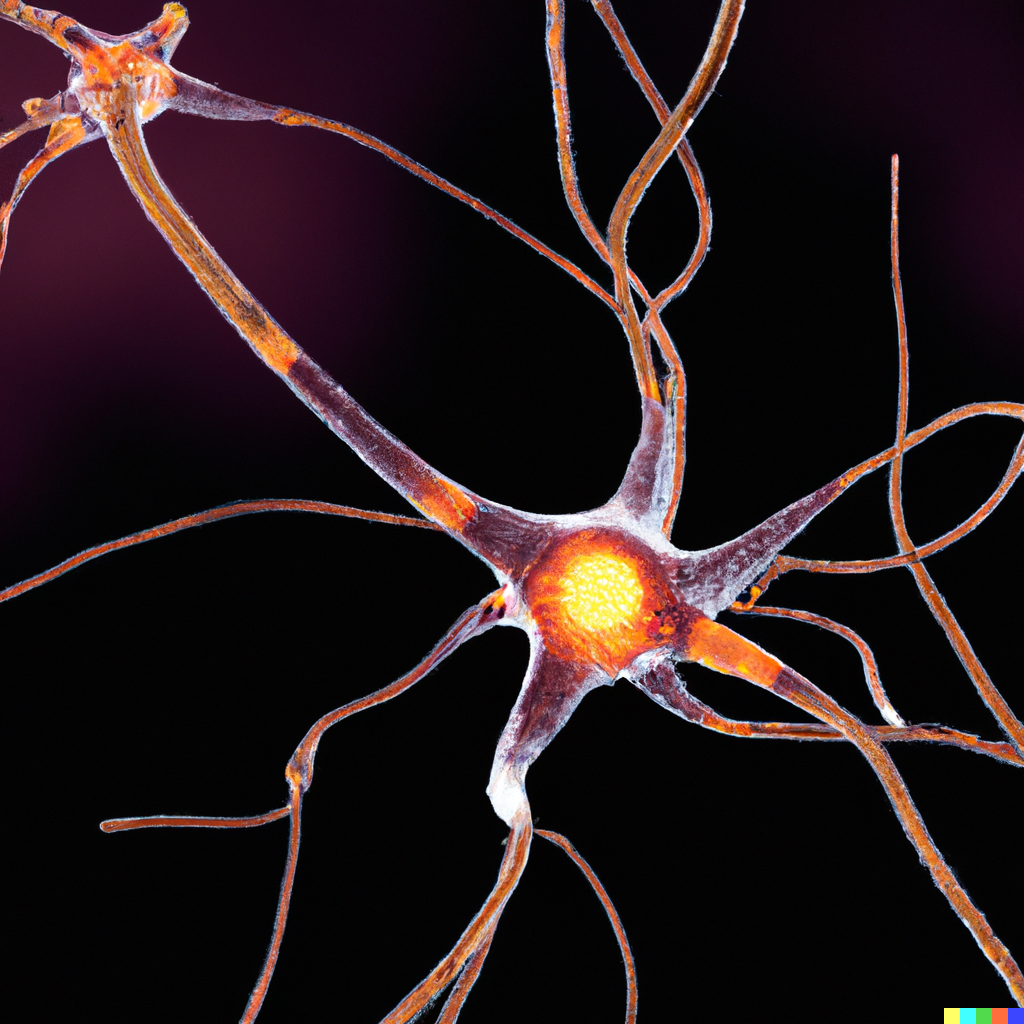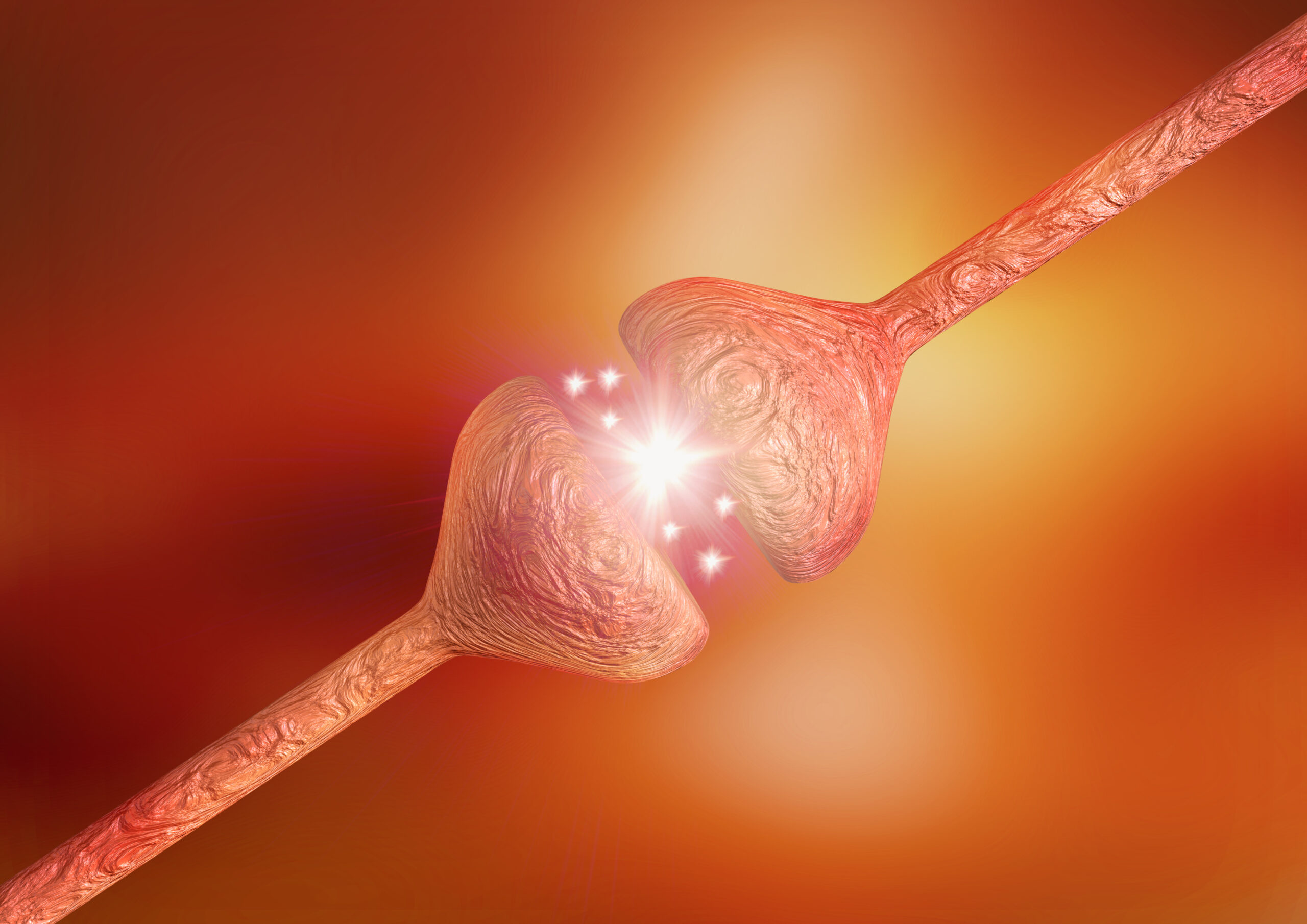The Role of Food and Diet in Reducing Dementia Risk
Dementia, a group of cognitive disorders characterized by memory loss, communication difficulties, and impaired reasoning, is a growing concern worldwide. With an aging population, the prevalence of dementia continues to rise. However, emerging evidence suggests that certain dietary habits may play a crucial role in reducing dementia risk and promoting brain health. In this article, we will explore the importance of food and diet in mitigating the risk of developing dementia and maintaining cognitive function.

The Power of a Balanced, Nutrient-Dense Diet
A balanced, nutrient-dense diet is vital for overall health, and it plays a significant role in maintaining brain health. Diets rich in fruits, vegetables, whole grains, lean proteins, and healthy fats provide essential nutrients, antioxidants, and omega-3 fatty acids that support cognitive function and reduce inflammation. Two dietary patterns, the Mediterranean and the DASH (Dietary Approaches to Stop Hypertension) diets, have been shown to be particularly beneficial for brain health.
The Mediterranean Diet
The Mediterranean diet emphasizes the consumption of plant-based foods, such as fruits, vegetables, legumes, nuts, and whole grains, with moderate amounts of fish, poultry, and dairy. The diet is low in red meat and emphasizes the use of olive oil as the primary source of healthy fat. This dietary pattern is abundant in antioxidants, vitamins, minerals, and healthy fats, which can protect the brain from oxidative stress and inflammation.
Numerous studies have highlighted the cognitive benefits of the Mediterranean diet. Research has shown that individuals who adhere to this dietary pattern experience a reduced risk of developing dementia, Alzheimer’s disease, and mild cognitive impairment.
The DASH Diet
The DASH diet, originally designed to help lower blood pressure, also offers cognitive benefits. This dietary pattern emphasizes the consumption of fruits, vegetables, whole grains, lean proteins, and low-fat dairy products. The DASH diet is low in saturated fats, cholesterol, and sodium, promoting heart and brain health by reducing inflammation and improving blood flow.
A combination of the Mediterranean and DASH diets, known as the MIND (Mediterranean-DASH Diet Intervention for Neurodegenerative Delay) diet, specifically targets brain health. The MIND diet includes higher intakes of green leafy vegetables, berries, nuts, and fish, which contain essential nutrients and antioxidants that support cognitive function.
Key Nutrients for Brain Health
Certain nutrients found in foods have been specifically linked to improved cognitive function and reduced dementia risk:
- Omega-3 fatty acids: Found in fatty fish, such as salmon, mackerel, and sardines, as well as nuts and seeds like walnuts and flaxseeds, omega-3 fatty acids play a critical role in maintaining brain cell structure and function. They help reduce inflammation and promote healthy blood flow in the brain.
- Antioxidants: Antioxidants, such as vitamin C, vitamin E, and beta-carotene, protect brain cells from oxidative stress and damage caused by free radicals. Foods high in antioxidants include berries, dark leafy greens, nuts, and seeds.
- B vitamins: B vitamins, particularly B6, B9 (folate), and B12, are crucial for maintaining proper brain function. They help reduce levels of homocysteine, an amino acid that has been linked to cognitive decline and dementia. Rich sources of B vitamins include leafy greens, whole grains, legumes, and lean meats.
- Polyphenols: Polyphenols are natural compounds found in plant-based foods that have potent antioxidant and anti-inflammatory properties. These compounds, found in foods like berries, cocoa, green tea, and red wine, can help protect the brain and reduce the risk of cognitive decline.





